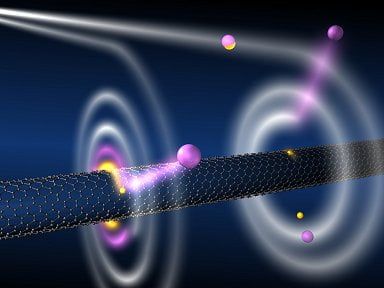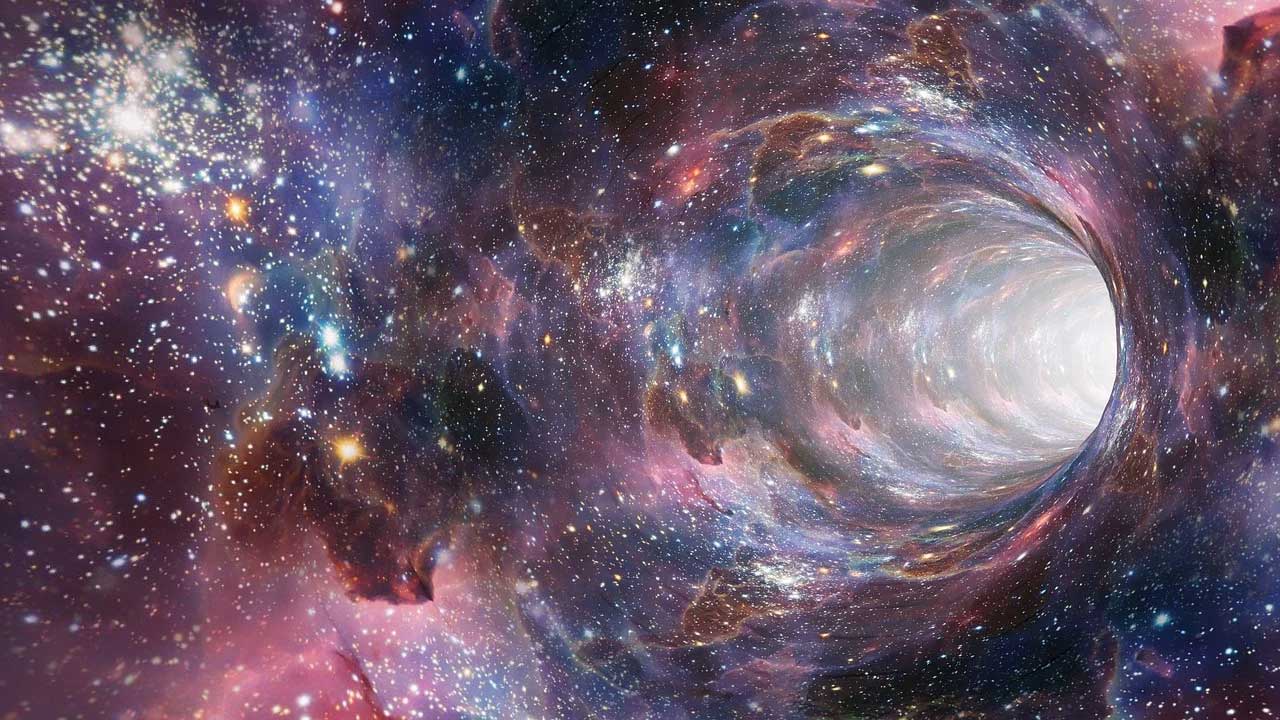Two American physicists concluded that time travel paradox wouldn’t be an issue because the traveler would not be able to change history.
They used a quantum simulator to show that real-life seems to rearrange itself to fix whatever problems the time traveler has caused, preventing paradoxes.
Now, Germain Tobar and Fabio Costa, from the University of Queensland, Australia, have reached the same conclusion using a different path: a mathematical demonstration.
At the beginning of the whole problem is the so-called time travel paradox.
“Let’s say that you traveled back in time in an attempt to prevent COVID-19 zero patients from being exposed to the virus. However, if you prevented that individual from being infected, that would eliminate the motivation for you to go back in time and prevent the pandemic. This is a paradox – an inconsistency that often leads people to think that time travel cannot occur in our Universe.
“Some physicists say it is possible [time travel], but logically it is difficult to accept because it would affect our freedom to do any arbitrary action. It would mean that you can travel in time, but you cannot do anything that could cause a paradox.” explained Professor Costa.
However, the two researchers came up with a mathematical demonstration that shows that it doesn’t have to be that way, that there is no necessary dichotomy between time travel and generating paradoxes of time travel and not having choices that generate paradoxes.
Without time travel paradox and with the free will
According to calculations, events can adjust to being logically consistent with any action the time traveler takes.

“In the example of patient zero with coronavirus, you can try to prevent patient zero from being infected, but in doing so, you would get the virus and become patient zero, or someone else would become. No matter what you did, important events would just be recalibrated around you. That would mean that – regardless of your actions – the pandemic would occur, giving your younger self the motivation to return to the past and stop it, “explained Tobar.
Thus, as the other team concluded with its quantum simulator, mathematics also shows that, however much a paradox seems to be logically possible, events will always adjust, avoiding any inconsistency.
“The range of mathematical processes that we discovered shows that time travel with free will is logically possible in our Universe without any paradox,” reinforced Tobar.
The mathematics of time travel
The two physicists came across this rearrangement of events on the journey of time working in a field that has nothing to do with the subject: dynamics.
“Classic dynamics says that if you know the state of a system at any given time, it can tell us the entire history of the system. It has a wide range of applications, from allowing us to send rockets to other planets to model how the fluids flow. For example, if I know the current position and speed of an object that falls under the force of gravity, I can calculate where it will be at any time, “explained Tobar.
The problem is that classical dynamics do not do well with Einstein’s Theory of General Relativity, which predicts temporal paradoxes and even loops in time – if these paradoxes exist, then the calculations of classical dynamics fall apart. Thus, the two theories cannot be simultaneously correct.
The duo’s job was precisely to find a mathematical solution to reconcile classical dynamics with General Relativity.
“Mathematics checks – and the results are a matter of science fiction,” concluded Costa.
This conclusion is far from definitive. Researching black holes, that is, with a different approach, an international team of physicists recently concluded that you will not be able to go back in time.





